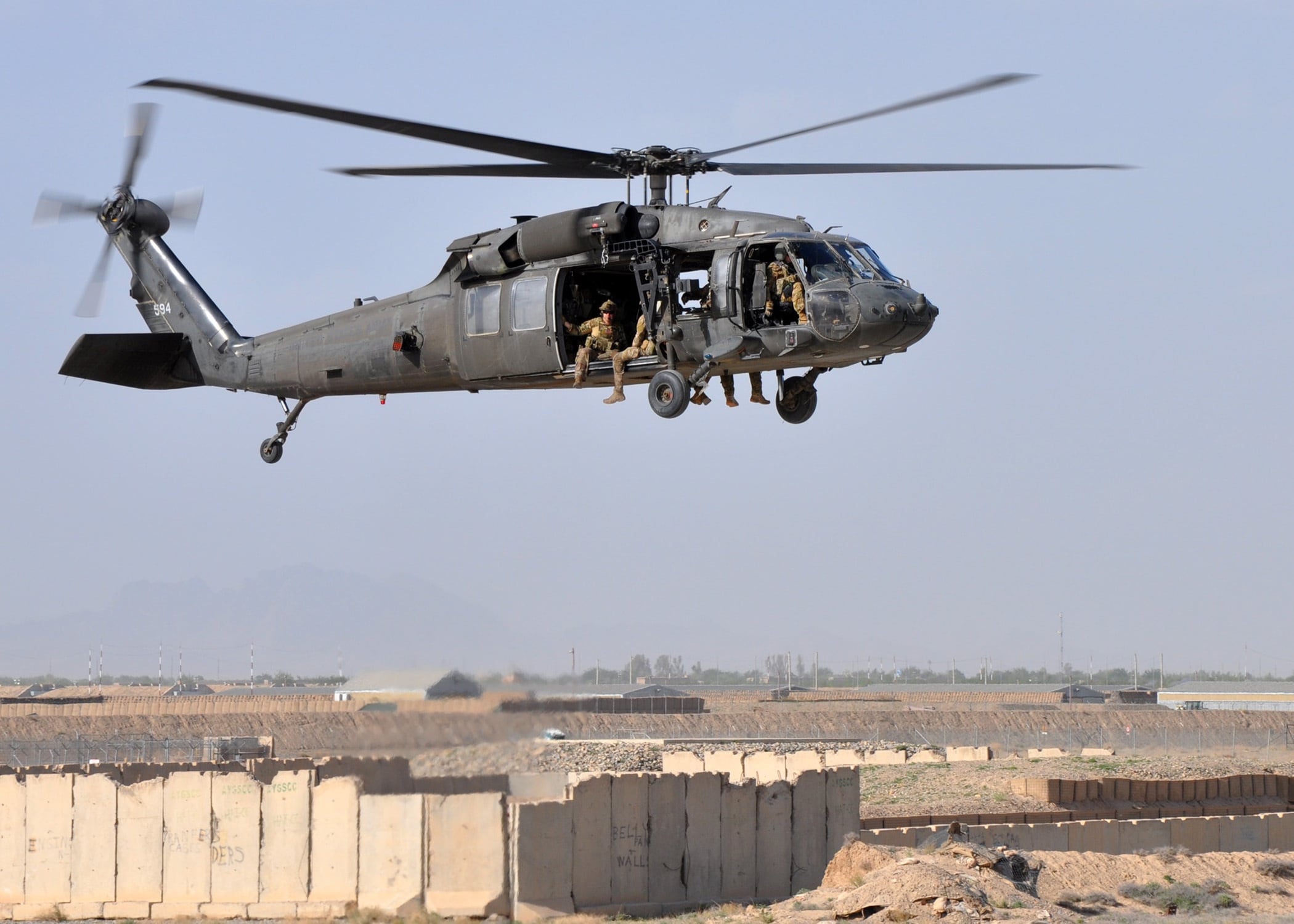A recent poll from Pew Research Center revealed that the majority of veterans feel the operations in Iraq (64 percent) and Afghanistan (58 percent), when weighed against the overall costs and benefits to the United States, were “not worth fighting.” As a U.S. Marine who joined the armed forces just before 9/11 and has served for 18 years (including a year in Iraq), I understand the cost that our military has paid.
Still, the thoughts and feelings that most veterans have about the operations in Iraq and Afghanistan are much more complex than a simple “yes” or “no” response to a survey question. And to oversimplify those thoughts misrepresents the opinions of the veteran community, and may lead the American public to draw the wrong conclusion.
First, it’s important to consider what exactly would make a war where we’ve lost over 6,700 brave men and women “worth fighting.” Are Americans living substantially better lives than they were back in 2001 when American forces first engaged in Afghanistan? If so, are those improvements a result of the war?
RELATED

It’s hard to say for certain, but what we do know is that we have maintained our status as the most powerful country in the world, both militarily and economically. The United States is still the land of opportunity — so much so that millions of non-citizens around the world are willing to risk their lives for a chance to come here. And despite the many capable enemies determined to destroy the U.S. and what it stands for, there hasn’t been a major foreign-based attack on American soil since 9/11.
For those and other reasons, it would be equally difficult for most civilians to argue that their quality of life has deteriorated as a result of the operations in Iraq and Afghanistan.
If anything, the vast majority of Americans have been completely unaffected. It’s the significant minority — the less than 1 percent of the population currently serving in the military, the 7 percent who have ever served in the military, and their families — who have carried the burden of these conflicts.
Deployments can strain families and destroy marriages. The stress of combat and the trauma service members see or experience can stay with them long after they separate from active duty. And the loss of a teammate is something almost all of us carry with us for the rest of our lives. It should come as no surprise that those experiences weigh heavy on our hearts and minds when we’re confronted with questions about whether the conflicts in Iraq and Afghanistan have been “worth it.”
There is ambiguity in the Pew survey question that glosses over the realities that veterans and service members have faced and are still facing. Had the survey asked “Do you agree with the decision to fight the Global War on Terrorism?” or “Should we immediately pull all troops out of the Middle East and stop fighting terrorism?” for instance, the results may have been different and it would be wrong to infer from this poll that “veterans are not supportive of those engagements."
After all, in the weeks and months after the 9/11 attacks, few of us questioned why we were fighting in Afghanistan. Our country had been attacked by al-Qaida, and the Taliban in Afghanistan had provided them a safe harbor to recruit and train. Enough said.
Since that time, it’s been less clear what objectives we’re trying to accomplish in Iraq and Afghanistan. Without that, it’s difficult for those of us who served to answer the question: “Did we achieve our objective?”
This generation of veterans — up and down the ranks — is the most educated and capable military the world has ever known. We have been stationed all over the world and have an understanding of other cultures. We’ve studied history. We’ve learned how to develop a plan and manage results. We are leaders, role models and mentors for the next generation.
We are people of high character who want to give an honest assessment of the cost-benefit of the longest war in our nation’s history. Performing a thorough after action is our standard operating procedure. But we have to be careful to ensure that our lessons learned are accurate.
I appreciate that the American public respects our experience and thinks that our insights are important. I hope that veterans continue to get asked more questions about what we’ve learned from the past 18 years, and our leaders use that to inform the policies that will ensure our future success. We owe that to those that have sacrificed over the past 18 years and especially those that paid the ultimate sacrifice.
Jabin is a major in the Marine Corps Reserves and the chief operating officer for the Travis Manion Foundation.




